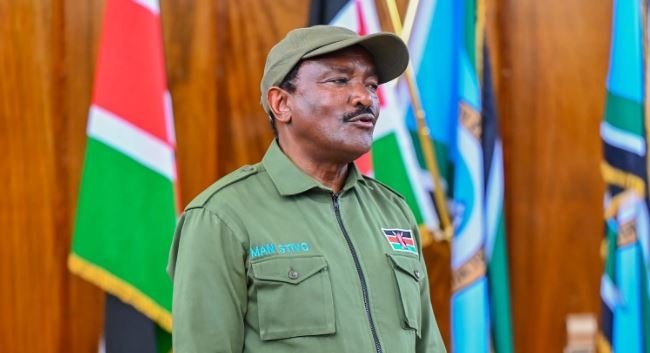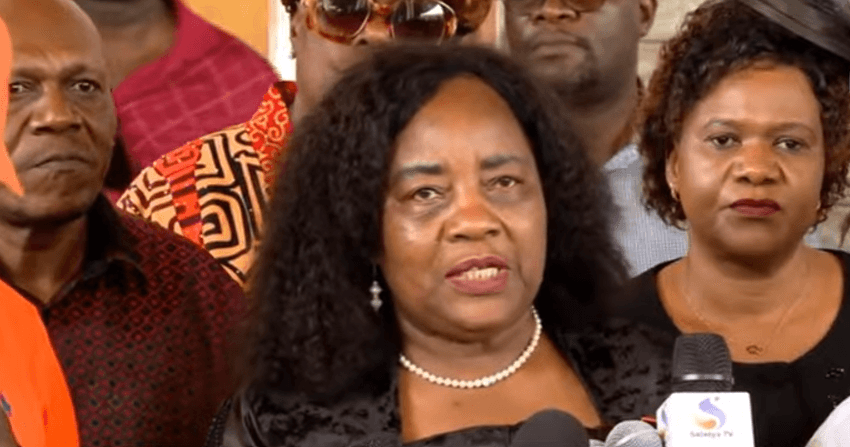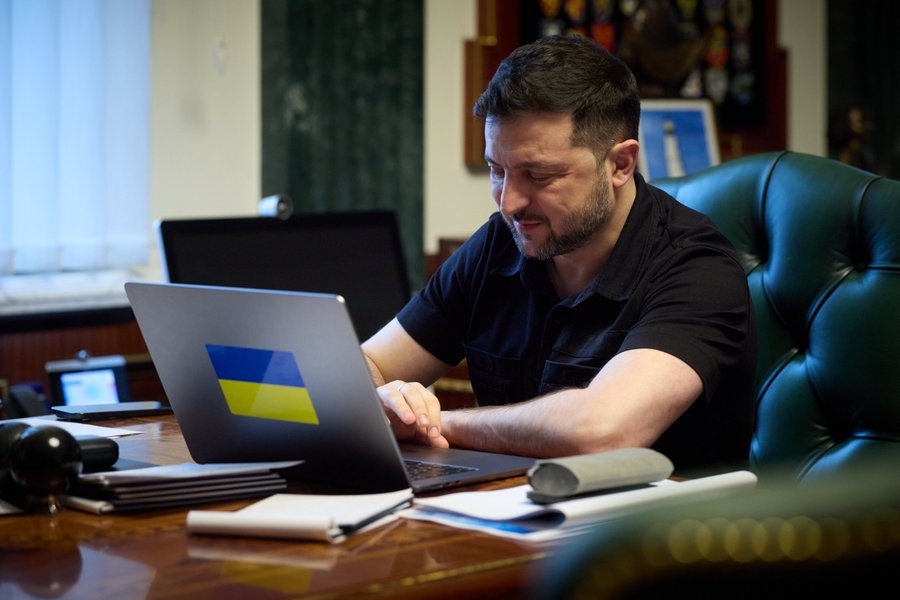You do not need a fortune teller to convince you that Kenya’s economy is in trouble. Tell-tale signals are blinking, shouting danger sirens. Kenya is bankrupt, and those entrusted with saving it don't care.
Even the chairman of the President's Economic Advisory Council, David Ndii, is disturbed as evidenced by his recent viral comment, "This government is extremely wasteful - there is not a single day that I am not exasperated; by not just how wasteful it is but by how deliberate it is."
County governments have not received their shares since December, and many county staff are without salaries.
In the middle of this crisis, the Deputy President Rigathi Gachagua and other senior government officials have resolved to blame the previous administration for our situation. How convenient.
We are not here by chance. Several factors have brought about this nation’s bankruptcy. The wanton mismanagement of public funds, coupled with a weak economy, sailed us here.
Besides, corruption and poor financial management fuel Kenya's economic woes. Recently, we've seen high levels of corruption among government officials, who have embezzled billions of shillings from public coffers. This has resulted in severe financial losses for the country, affecting the delivery of public services and causing massive debts.
The government resorted to rewarding people with questionable characters with critical senior positions. The Director of Public Prosecutions then quickly dropped their criminal cases, and we took off.
Yes, our constitution presumes one is innocent until proven guilty. However, in such vital roles within the public sector, it is not enough that one is innocent; we have to prove that their characters are beyond reproach. But we didn't—rather, the appointing authority didn't even bother.
Moreover, Kenya's lack of diversity in its economic industries has also contributed to our mess. The country is heavily dependent on tourism, remittances from Kenyans working abroad, and the export of a few main agricultural products, such as tea and coffee.
This means that any disruptions to these industries, whether through climate change, political instability, or global economic downturns, have severe consequences on the country's financial standing.
The government's spending habits have also accelerated our descent. We spend more than we can afford, and this result in massive budget deficit—then we run to loans. These loans come with high-interest rates, and the country struggles to repay them.
These loans are problematic. They don't even spur our economy. Thus it is no surprise that we spend a whopping 68 per cent of our income on recurrent expenditures and interest payments.
To fix Kenya's financial crisis, the government must first prioritise tackling corruption at all levels. This requires not only the implementation of anti-corruption policies and regulations but also the willingness to punish those found guilty of corruption.
This will convey that stealing public funds will not be tolerated and instil confidence in the country's financial management.
Secondly, we need to diversify our economic sectors to ensure that the country can withstand economic challenges brought about by the unpredictable nature of some industries. Thus, we ought to support and invest in other sustainable sectors such as technology, manufacturing and service industries.
Finally, the government must review its spending and borrowing habits to ensure that they are sustainable and not leading to a further financial crisis. This includes enforcing austerity measures to reduce excessive spending, prioritising essential projects and avoiding relying on loans.
Kenya's financial crisis is not irreversible but requires drastic and deliberate actions to fix it. The government must take ownership of the problem and address the underlying issues. By doing so, the country can get back on track toward economic growth.
Unfortunately, we are seeing the opposite of all this now, and Kenyans are justified to worry because this ship is sinking, and our captain is on a cigarette break.
Lawyer and executive director at Muslims for Human Rights (Muhuri)

















